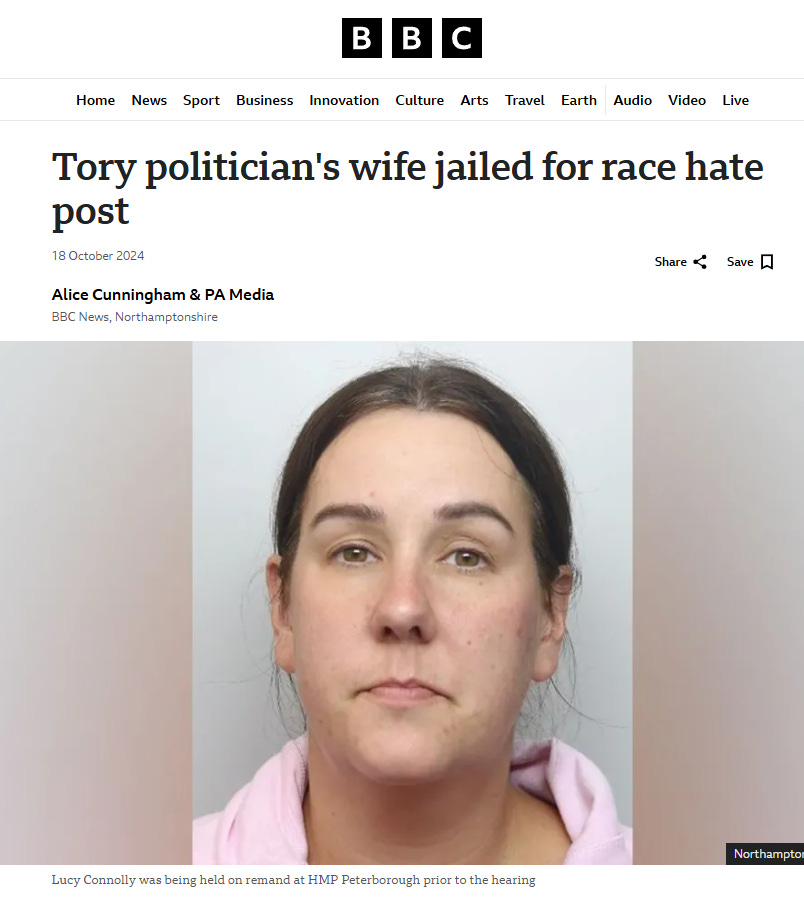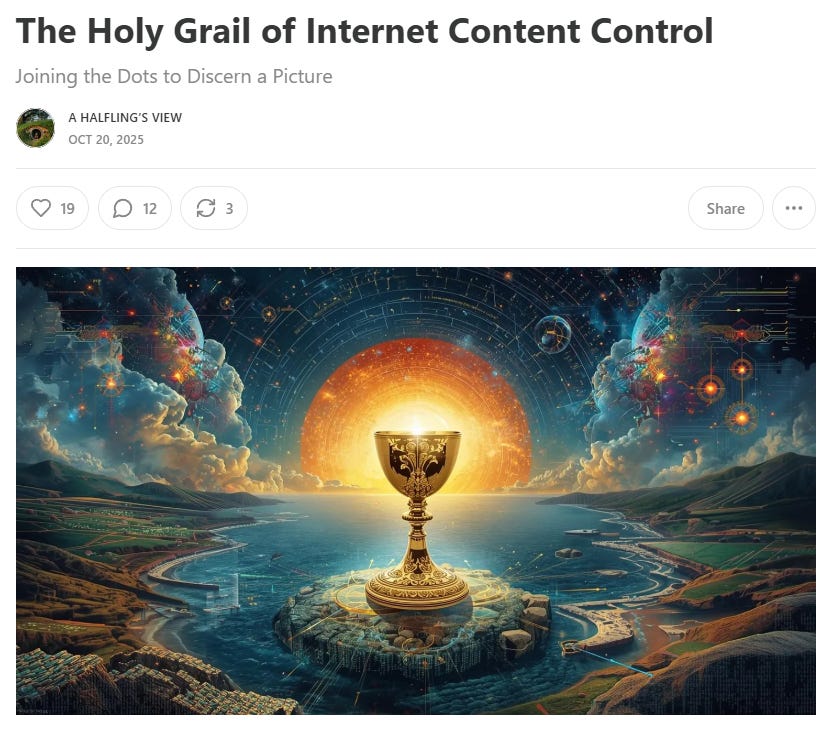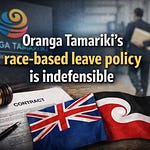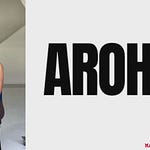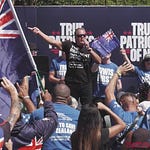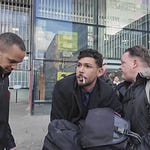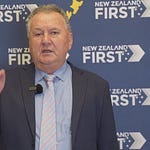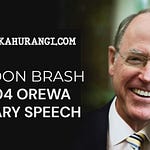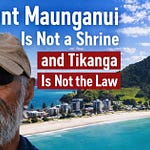Broadcaster Alastair Harding was joined by former Judge David Harvey (A Halfling’s View), broadcasting legend Peter Allan Williams and RCR’s co-founder Claire Deeks to unpack the Broadcasting Standards Authority’s (BSA) latest push to extend its powers into the world of online radio. What unfolded was a stark warning about where free speech and online regulation in New Zealand could be heading.
Harding opened the discussion by pointing out how Western nations have increasingly turned to heavy-handed digital regulation under the guise of “safety”. From Britain’s Online Safety Act, which criminalises speech that causes “psychological harm”, to Canada’s Bill C-63 empowering human rights commissions to investigate “hateful” comments, and Australia’s eSafety Commissioner, Harding questioned whether New Zealand was sliding down the same path. “It ends up being an internet police,” he warned.
Peter Williams argued that these moves weren’t random. “It’s about political ideology,” he said. “Britain has Labour, Australia has Labour, Canada has Liberal, all left-leaning governments. It was during a Labour government here that we saw the attempted controls on free speech.” Williams pointed to examples of people being jailed in the UK for online posts, calling it “absurd judicial activism” and “very bad law.”
But it was former Judge David Harvey who offered perhaps the most chilling forecast. “If you think this business by the Broadcasting Standards Authority is horrifying, watch this space,” he said. “By Christmas, I’d be willing to put money on the fact that we’ll see proposals for regulation of online content, a ‘safer online services light’, that will evolve from the current push to ban under-16s from social media. It’s going to expand in scope, and by December, it’ll be something even more frightening than what the BSA is attempting now.”
Harvey predicted that the forthcoming framework would merge elements of Paul Goldsmith’s media review with bureaucratic ambitions from Wellington. “Proposition four,” he explained, “was particularly spooky, it was about platform neutrality, absorbing all internet-based platforms into one system for content moderation and control.”
He added that the bureaucrats driving these initiatives, in the Department of Internal Affairs and the Ministry for Arts and Culture, were out of touch with the principles of free expression. “They have a model they want to propagate, but no understanding of what people actually want,” he said.
Harvey also revealed that even the Parliamentary inquiry into social media restrictions for under-16s had quietly expanded its scope. “They’ve extended the submission period and are now receiving submissions from all over the world,” he said. “I even saw one from a law professor in California, which makes you wonder what a Californian academic is doing influencing New Zealand’s internet policy.”
For Harvey, this all points in one direction, a “continuing trajectory” toward tighter regulation and speech control online. “By December,” he warned, “you’ll see that they’re getting even closer to the castle of the Grail.”
If his prediction proves correct, the BSA’s move into online radio may just be the beginning of a much broader battle over who controls what New Zealanders can say and hear on the internet.
You can follow Judge David Harvey right here on Substack - A Halfling’s View and Peter Allan Williams here.
To watch the full conversation, head to RCR’s website:
👉 https://rcr.media/episodes/the-fourth-estate-is-bsa-move-a-government-trial-balloon/



